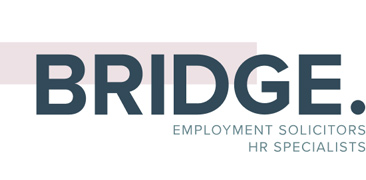07 Jul Whistleblowing for beginners – what is it and how does it work?
If an employee or worker is deemed in law to be a whistleblower, they have two levels of protection in law, depending on their status: –
• For employees: any dismissal could be automatically unfair (attracting an uncapped award of compensation) but only if the reason or principal reason for dismissing them is that they had made a “protected disclosure” that qualifies them as a “whistleblower” in law;
• For both workers and employees: both are protected from suffering a “detriment” on the grounds that they had made a “protected disclosure”.
What is a ‘disclosure’ then?
In very basic terms here, in order to rely on the above protections a worker or employee must satisfy (using evidence) the following test: –
- Did they make a qualifying disclosure in law? To answer that question we have a rather convoluted legal test, summarised below: –
a. Did they disclose information – it can’t just be a threat to do so, and they need to have evidence they did.
b. Does the disclosure show wrongdoing in law i.e. in the workplace this could be things like, breaching health and safety laws or breaching some regulatory requirements.
c. Did the worker/employee have a reasonable belief that the information tended to show one of the types of legal wrongdoings / failures on the part of the employer – these types of wrongdoings are defined in law;
d. Did the worker/employee have a reasonable belief that the disclosure is made in the public interest – this is mostly a matter of evidence and generally requires a wider effect.
e. Was the above disclosure protected i.e. this relates to whom the disclosure was made i.e. was it made to the correct person / party.
How does all this effect employers?
These legal tests are complex, both in law and evidence, BUT employers really do need to:
• know how to recognise when they have one; and
• know how to handle them to avoid opening up claims too.
If they don’t, then very expensive claims can be triggered by simply failing to appreciate when a protected disclosure is made perhaps during a grievance or disciplinary process or generally in day to day management of staff.
We offer training on these issues and legal support too, so do get in touch with us if you need help on enquiries@bridgeehr.co.uk.


